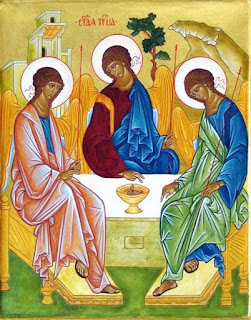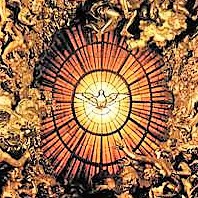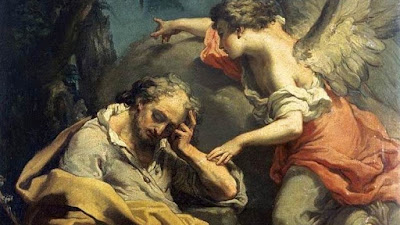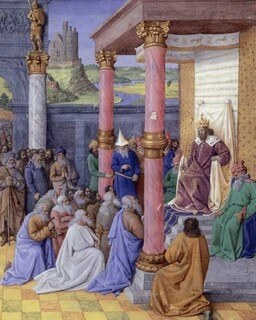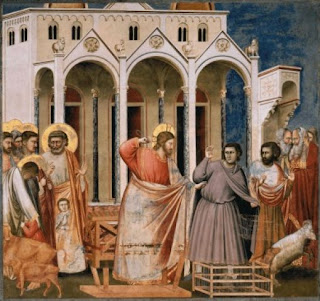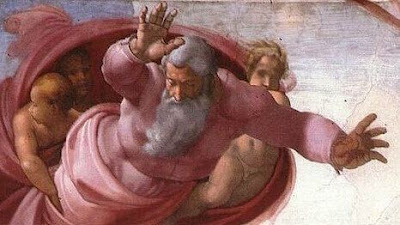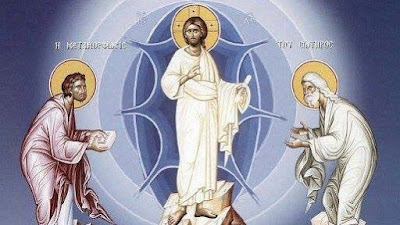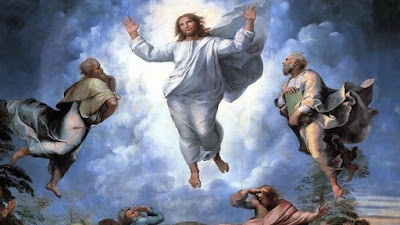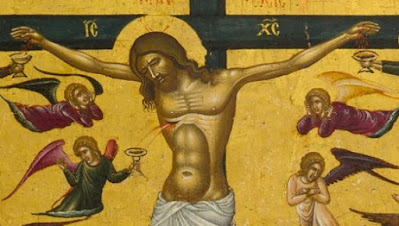Solemnity of the Assumption of the Blessed Virgin Mary | 2021
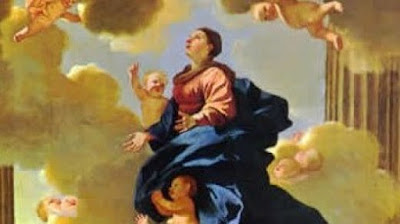
August 15, 2021 November 1st, 1950, in his Apostolic Constitution Munificentissimus Deus , Pope Pius XII proclaimed the Assumption of Mary a dogma of the Catholic Church. The doctrine of the Assumption solemnly decrees that at the end of her earthly life Mary was assumed, body and soul, into heaven. Contrary to popular perception, Our Lady did not "ascend" into heaven. Only Christ ascended into heaven under his own power. Mary was taken up into heaven by God. In celebrating her most glorious Assumption, we ask Mary to help us live with faith and hope, seeking God's will in all things. May she enlighten our minds to the destiny that awaits us, the dignity of every person, and God’s immense love for all humanity. "Now toward the end of the summer season, at a time when fruits are ripe in the gardens and fields, the Church celebrates the most glorious "harvest festival" in the Communion of Saints. Mary, the supremely blessed one among women, Mary, the
